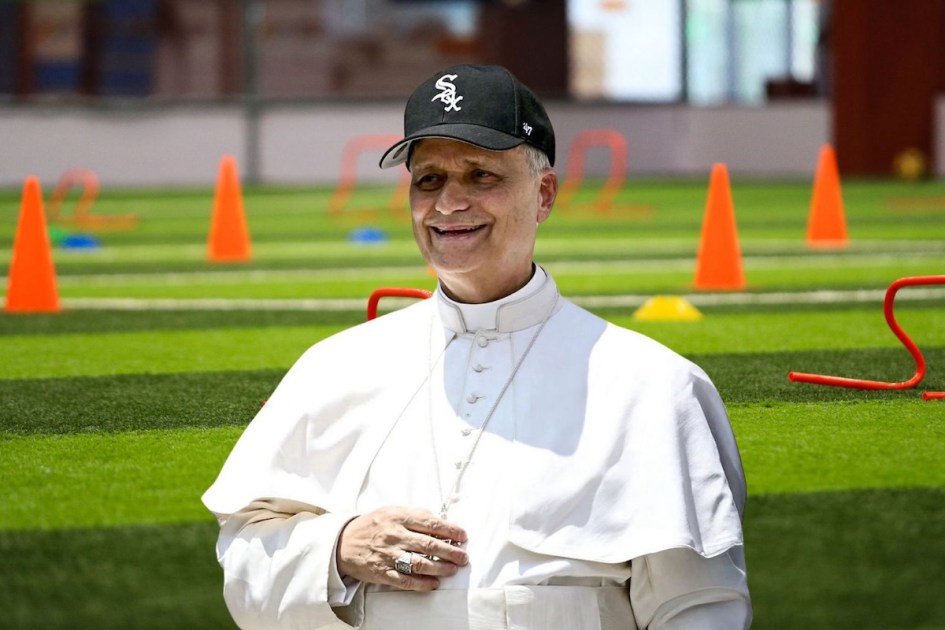Life and health are precious gifts from God. When we take part in athletic activities, using health and strength in a positive way, we can glorify God.
Pope Leo XIV spoke about the benefits of sports in his recent homily for the Jubilee of Sport. Let’s take a look at some of the reasons he gave that sports are “a precious means for training in human and Christian virtues.”
1Cooperation and teamwork
It can be hard to find ways to come together and unite with others in our hyper-individualistic society. Sports bring us closer to God as a way to cooperate and grow closer to others.
First, in a society marked by solitude, where radical individualism has shifted the emphasis from “us” to “me,” resulting in a deficit of real concern for others, sport – especially team sports – teaches the value of cooperating, working together, and sharing.
These, as we said, are at the very heart of God’s own life (cf. Jn 16:14-15).
Sport can thus become an important means of reconciliation and encounter: between peoples and within communities, schools, workplaces and families.
2Real-world physical work
Virtual distractions are everywhere, but sports pull us away from screens to be physically present. And physical work, rightly ordered, is a natural way of growing in virtue.
Second, in an increasingly digital society, where technology brings distant people closer together, yet often creates distances between those who are physically close, sport proves a valuable and concrete means of bringing individuals together, providing a healthier sense of the body, of space, effort and real time. It counters the temptation to escape into virtual worlds and it helps to preserve a healthy contact with nature and with real life, where genuine love is experienced (cf. 1 Jn 3:18).
3Acknowledgement of our limits
In a society of instant gratification, it can be easy to think we can do everything on our own — that we don’t need others, that we don’t need God.
But when we face our human frailty and limitations, we are confronted with the truth that we can do nothing without God.
Sports can counteract our tendency to think of ourselves as flawless and teach us instead the importance of perseverance.
Third, in our competitive society, where it seems that only the strong and winners deserve to live, sport also teaches us how to lose. It forces us, in learning the art of losing, to confront one of the deepest truths of our human condition: our fragility, our limitations and our imperfections.
This is important, because it is through the experience of these limits that we open our hearts to hope. Athletes who never make mistakes, who never lose, do not exist. Champions are not perfectly functioning machines, but real men and women, who, when they fall, find the courage to get back on their feet.
The true athlete
He ended the reflection comparing Our Lord to an athlete, saying:
St. John Paul II hit the mark when he said that Jesus is “the true athlete of God” because he defeated the world not by strength, but by the fidelity of love.
Every time we lace up our cleats or step onto a court, we have the opportunity to imitate this “true athlete” as we play our best with humility and perseverance. This “training in virtue” is a game well worth playing, for the rest of our lives.


